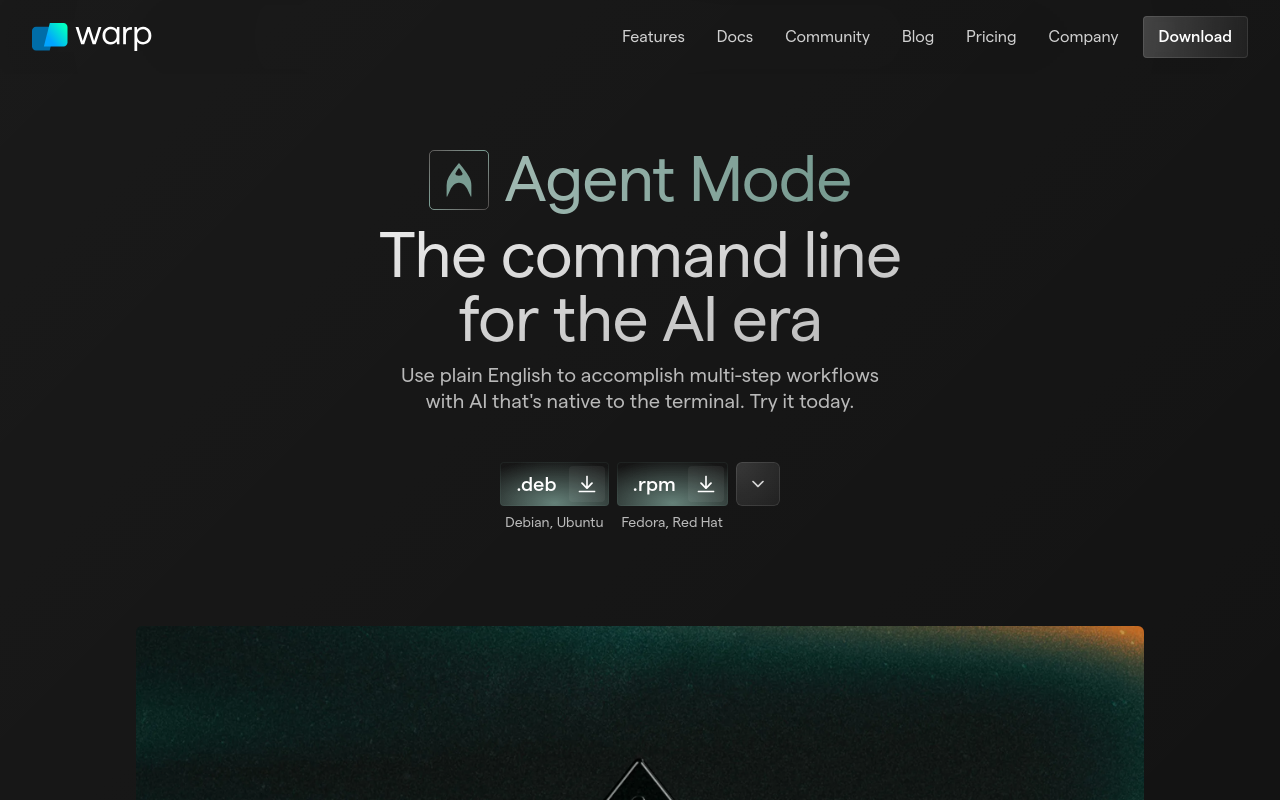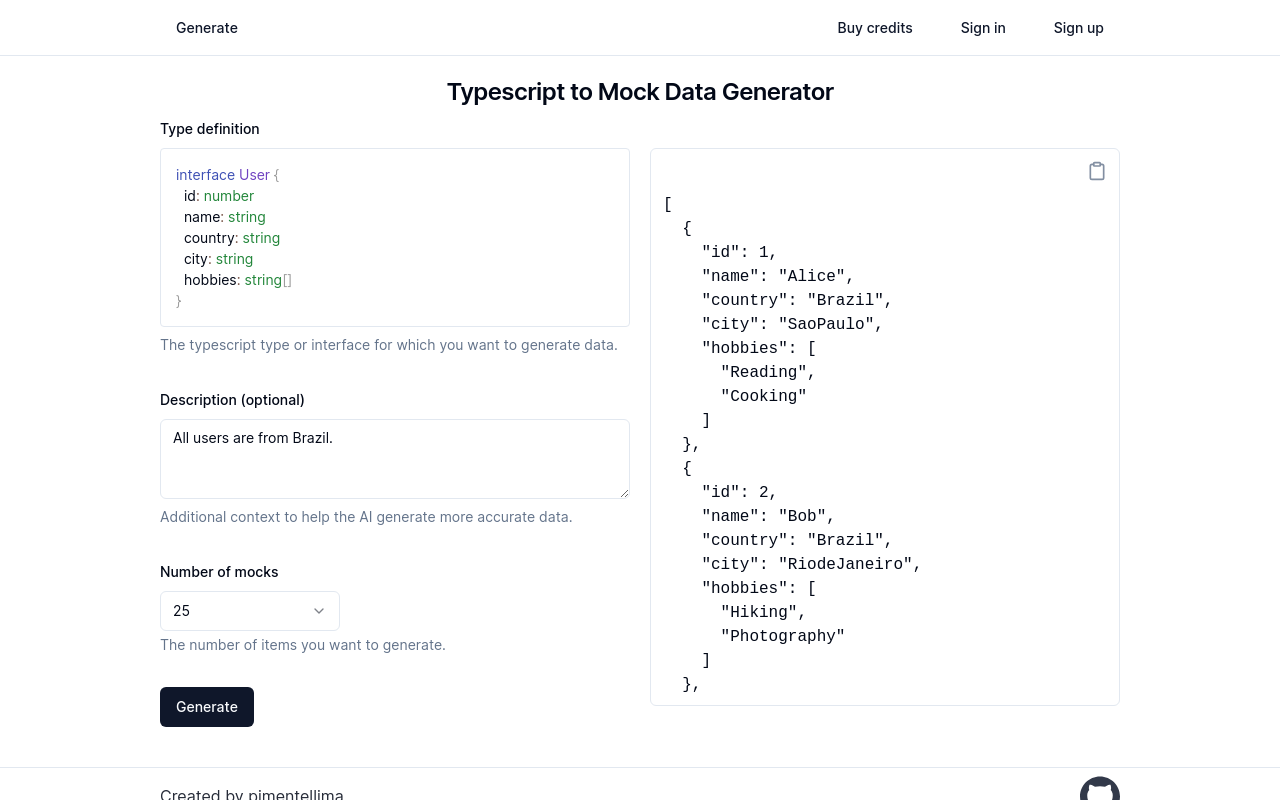Embedditor
The open-source MS Word equivalent for embedding, enhancing vector search and data management.
Best for:
- Data Scientists
- AI Researchers
- Advanced Developers
Use cases:
- Improving embedding metadata
- Optimizing vector search
- Enhanced NLP Applications
Users like:
- Data Science
- Research and Development
- IT Infrastructure
What is Embedditor?
Quick Introduction.
Embedditor is a powerful open-source tool designed to revolutionize the way we handle and optimize vector search embedding. It’s akin to MS Word but specifically tailored for embeddings, providing innovative solutions for natural language processing (NLP) tasks. This software aims to enhance the efficiency and accuracy of embedding metadata and tokens by offering a comprehensive suite of advanced NLP cleansing techniques. It’s a fantastic choice for data scientists, AI researchers, and advanced developers who demand greater control and precision in their LLM-related applications.
One of the standout features of Embedditor is its ability to offer a user-friendly interface that lets users seamlessly apply techniques like TF-IDF normalization, enriching embedding tokens, and more. This not only improves the relevance and coherence of the vector search results but also optimizes operational costs. By deploying Embedditor locally or within enterprise clouds, users have full control over their data security, making this tool a robust choice for enterprise applications and individual use alike.
Pros and Cons
Pros:
- Advanced NLP Techniques: Embedditor’s application of strategies like TF-IDF and token normalization significantly boosts the efficiency and accuracy of vector searches.
- User-Friendly Interface: Provides a seamless, intuitive UI for data manipulation and embedding optimization, reducing the learning curve for new users.
- Cost-Effective: Helps reduce processing and storage costs by filtering out irrelevant tokens, resulting in up to 40% savings on embedding and vector storage.
Cons:
- Complexity for Beginners: The advanced features and techniques might pose a learning challenge for beginners who are not familiar with NLP concepts.
- Resource Intensive: Running advanced NLP tasks locally or on-premises may require significant computational resources.
- Limited Integrations: While documentation and community support are available, there might be limitations in terms of seamless integration with some non-standard platforms.
TL;DR
- Advanced NLP Techniques: Boost efficiency through TF-IDF, token normalization, and enrichment.
- Optimized Vector Search: Intelligent content splitting/merging and coherent chunking.
- Cost Efficiency: Up to 40% savings on embedding and storage costs by filtering irrelevant tokens.
Features and Functionality
- Advanced NLP Cleansing: This feature involves applying TF-IDF and normalization techniques to embedding metadata. It’s instrumental in improving efficiency and accuracy.
- Content Optimization Tools: Helps in splitting or merging content based on structure, adding void or hidden tokens to enhance the coherence of chunks, thereby getting more relevant search results.
- Security: Enables full data control by offering deployment options on local machines, dedicated enterprise clouds, or on-premises environments.
- Cost Reduction: Filters out irrelevant tokens, such as stop-words, punctuation, and frequent low-relevance words, significantly reducing embedding and vector storage costs.
- User Interface: A user-friendly, interactive UI that simplifies the process of managing embeddings and applying advanced NLP techniques.
Integration and Compatibility
Embedditor integrates seamlessly with various platforms and development environments. While primarily open-source, it supports deployment on local systems, dedicated clouds, and on-premises setups. Users can install it via Docker, making it versatile and adaptable to different infrastructures.
Do you use Embedditor?
While it might not inherently integrate with every software out there, the open-source nature allows developers to customize and extend its compatibility as needed, making it an almost standalone but highly adaptable tool.
Benefits and Advantages
- Enhanced Accuracy: Advanced NLP techniques lead to highly accurate embedding and search results.
- Cost Efficiency: By filtering out irrelevant data, Embedditor saves up to 40% on embedding and storage costs.
- Data Security: Full control over data with flexible deployment options (local, cloud, on-premises).
- Improved User Experience: A user-friendly interface that simplifies complex operations.
- Scalable: Adaptable to both individual and enterprise needs.
Pricing and Licensing
Embedditor is free to use, emphasizing open-source accessibility. Users can readily deploy it locally or on their cloud infrastructure. The tool’s Docker image allows for straightforward installation and updates, offering a hassle-free user experience. While free, certain advanced support and customization features might come at a premium, offering users flexibility based on their needs.
Support and Resources
Support for Embedditor is robust, with various resources available to users. These include detailed documentation, user guides, and a thriving community forum. The platform also offers customer service via community channels such as Discord and social media platforms like Twitter, ensuring users have multiple avenues for seeking help and guidance.
((Embedditor)) as an alternative to
When compared to embedding tools like the Word2Vec library, Embedditor stands out by offering a more comprehensive, user-friendly approach to managing embeddings. Unlike Word2Vec, which primarily focuses on vector representations of words, Embedditor delivers advanced NLP cleansing techniques and customizable deployment options, providing better control and efficiency in embedding tasks.
Alternatives to ((Embedditor))
- Word2Vec: Ideal for users focusing solely on generating high-quality word vectors without needing the extensive NLP cleansing techniques.
- Gensim: Suitable for those looking for a more extensive and varied suite of NLP and vector tools, but may require more technical know-how to implement effectively.
- spaCy: Best used for applications requiring large-scale, efficient, and highly accurate NLP pipelines, offering easy vector representation for multiple languages.
Conclusion
Embedditor is a powerful open-source tool optimized for users demanding high accuracy and efficiency in vector search embeddings. It excels in offering advanced NLP cleansing techniques, robust deployment options, and significant cost savings. While it may present a learning curve for beginners, its benefits far outweigh its cons, making it an invaluable tool for data scientists and enterprises looking to improve their embedding processes.



